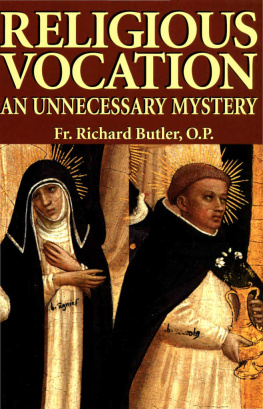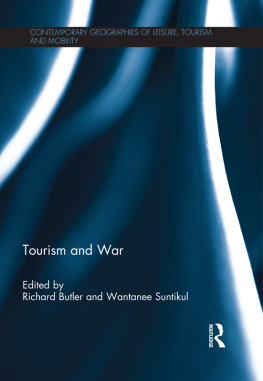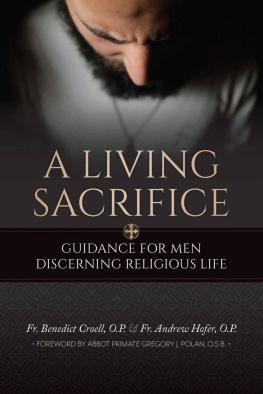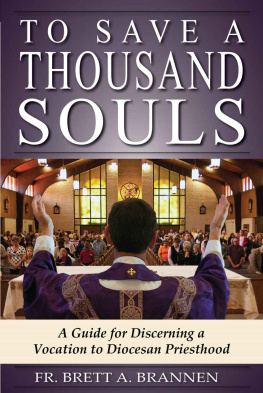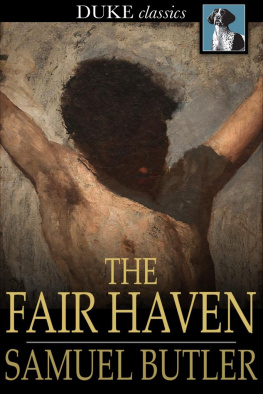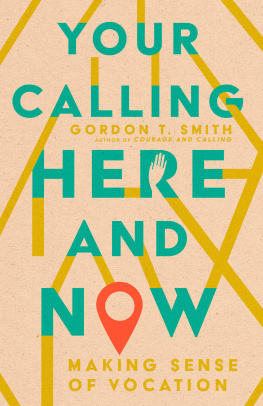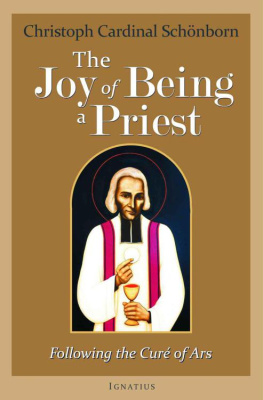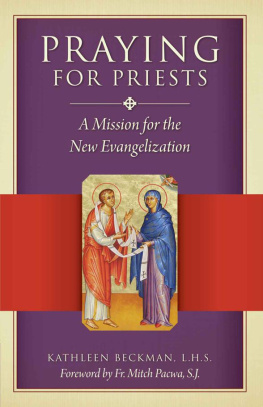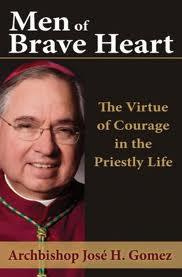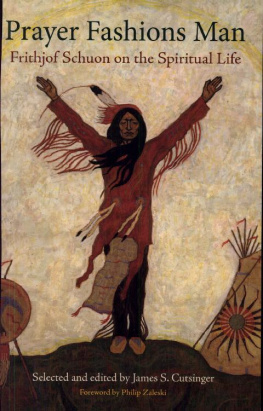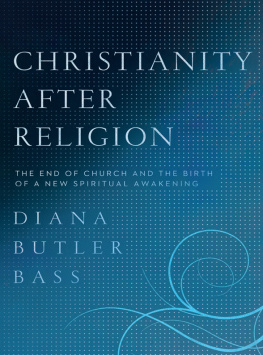Religious Vocation
An Unnecessary
Mystery
Fr. Richard Butler, O.P.
| R EVISORES O RDINIS : | Justin Aldridge, O.P.
J. S. Reidy, O.P. |
| I MPRIMI P OTEST : | Edmund Marr, O.P., S.T.M.
Provincial |
| N IHIL O BSTAT : | J. S. Reidy, O.P.
Censor Deputatus |
| I MPRIMATUR : |  | Albert Cardinal Meyer, S.T.D., S.S.L. |
| Archbishop of Chicago |
| December 5, 1960 |
Copyright 1961 Henry Regnery Company.
Image on cover: A detail of "The Dominican Blessed," by Fra Angelico (d. 1455), from the predella (lower section) of the high altarpiece of San Domenico at Fiesole, near Florence. This was the church of Fra Angelico's Dominican friary. Photo National Gallery, London.
Cover design by Sebrina Higdon.
TAN Books.
Charlotte, North Carolina
www.TANBooks.com
2005
Sincerely dedicated to
Father Gilbert James Graham, O.P.,
Director of Vocations for the Dominican Province
of St. Albert the Great,
who has for many years and with much success put
into practice the principles which I now put into print.
With gratitude to
Archbishop Byrne for
his introduction to this book;
to Father Stephen Reidy, O.P.,
and Father Justin Aldridge, O.P.,
of the Dominican House of Studies,
for reading and criticizing the manuscript;
to Jane Mims and Betty Drake
for typing the final drafts.
T HE A UTHOR
"And every one that hath left house, or brethren, or sisters, or father, or mother, or wife, or children, or lands for my name's sake, shall receive a hundredfold, and shall possess life everlasting." Matthew 19:29
CONTENTS
FOREWORD
T O BE invited to write a foreword to a work of such stature and dignity as this present volume of Father Richard Butler, O.P., is both a pleasure and a privilege. Our enthusiastic commendation of Father Butler's achievement in these pages will, we are sure, be shared by all who read and ponder his words with the meditative deliberation they deserve.
This is a book for those souls who, in the words of the author, "dare to undertake great things for God." As we may expect from a priest of Father Butler's academic background and apostolic experience, the message of this beautiful work is alive with the throbbing drama of a divine adventure in love. Here we will hear, with clarity and vision, a basic restatement of God's invitation to generous spirits who have entered into that search for perfection we have come to call "the religious life."
Probing deftly into the central significance of the Divine Call in the soul's progress towards eternal glory, the author presents a finely reasoned analysis of the workings of God's grace in the human heart. There is no room for merely sentimental or subjective piety in our study of the interior structure of a religious vocation; the eternal destiny of a particular soul is always involved, and we can ill afford to toy with illusory psychological hypotheses. We welcome, therefore, the publication of this book, in our consideration a unique contribution to the literature of the vocational apostolate.
More than a manual for harried Vocation Directors, however, this work provides illuminating answers to some vexing questions posed by the more mature student in his effort to ascertain the Divine Will in his life. At almost every turn, there arise those who would "promote vocations" at apparently any cost; the result is an inevitable confusion, even an aura of unnecessary mystery, about the true realities of the religious state. Some would wreathe a religious vocation in the remote abstractions of a mysterious inner inspiration. Others popularize the ideals of a religious profession to levels dangerously close to stylized Hollywood glamor. Father Butler, in traditional Thomistic fashion, sets his theme firmly on the middle way towards the truth of the matter in all its wondrous beauty.
And the truth, of course, possesses this beauty because of its divine simplicity. Controversies have raged over religious vocations for centuries; divergent points of view have competed vigorously for popular acceptance. In the eye of our semantic hurricanes, the truth holds fast: Christ has touched the hearts of men and women in the world with the repeated urging to follow Him more closely through the Evangelical Counsels as fulfilled in the religious vows of poverty, chastity, and obedience. This prompting of love is a profoundly personal experience, an inner drama of spirit with implications reaching far into eternity, as the soul responds to this invitation to a wider gift of self to God through complete dedication to Christ. Such a direct challenge can be met only with a courageous, unswerving generosity, that spirit of consumed consecration discovered in those who yearn to love God with all their hearts, all their minds, and all their strength.
Surely more and more of our young men and women will step forward to answer this challenge as its terms are rendered more explicit to their understanding in a modern context. We speak often of the serious dearth of religious vocations in our present era; awesome statistics are quoted, underlining the very real problems frustrating the steady growth of the Church in America because of a seeming lack of souls willing to give themselves to Christ and His service in this way. Yet, as the author emphasizes so well, "vocational ignorance is at least partly responsible for this critical situation." Father Butler will, in the pages that follow, indicate forcefully the reasons for this contemporary decline in religious vocations, as well as concisely outline the pattern of Divine Providence in the shaping of a religious vocation in the individual soul. Fortunately, Father Butler's scholarship is never tedious; his simple style is the result of ten years of the active apostolate among young men and women in Catholic colleges and state universities, as well as his advanced theological research on vocations.
Of special interest is the stress placed by the author on the strictly demanded qualifications in the possible candidate for the religious novitiate, and his brilliant exposition of the delicate topic of the so-called "lost vocation." Without losing his readers in a maze of psychological jargon, Father Butler shows precisely how subjective dispositions towards religious dedication may be tempered by personal inadequacies of mental, physical, or moral conditioning: he demonstrates in indisputable terms that natural motives are not enough for a lasting religious consecration, that superficial attractions are easily dissipated in the crucible of religious self-sacrifice. If directors of souls heed just this one prudent counsel, then this slim volume will have served its fundamental purpose most admirably.
We are sincerely grateful to Father Butler, commending him on this accomplished work. It is our prayer also that this splendid book will serve as an effective instrument of Divine Grace so that through its thoughtful reading, again in the words of the author... "the generous and courageous, resolving to enter religious life, will do so with tranquil and serene convictionwith the unruffled serenity of a fool for Christ."
MOST REVEREND EDWIN VINCENT BYRNE, D.D.
Archbishop of Santa Fe "For there are eunuchs who were born so from their mother's womb; and there are eunuchs who were made so by men; and there are eunuchs who have made themselves eunuchs for the kingdom of heaven. He that can take, let him take it."
Matthew 19:12
CHAPTER I
The Unnecessary Mystery
R ELIGION has always had elements of mystery in it. And so it should. The chasm between God and man is infinite, unlimited. There must always be areas unexplored, unexplained, in some instances, frankly inexplicable. In facing God, man's encounter with a veil of mystery is inevitable.
Next page
